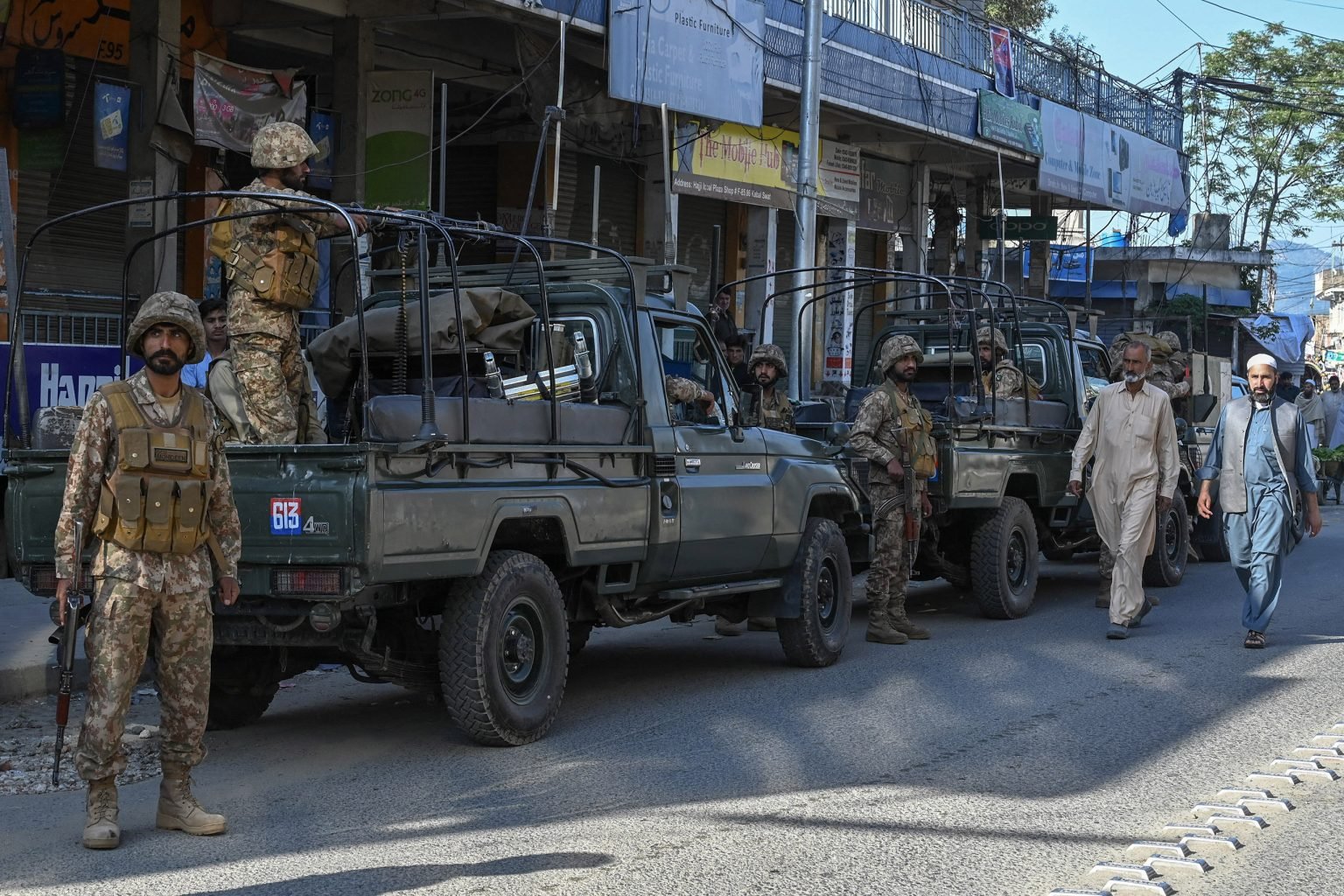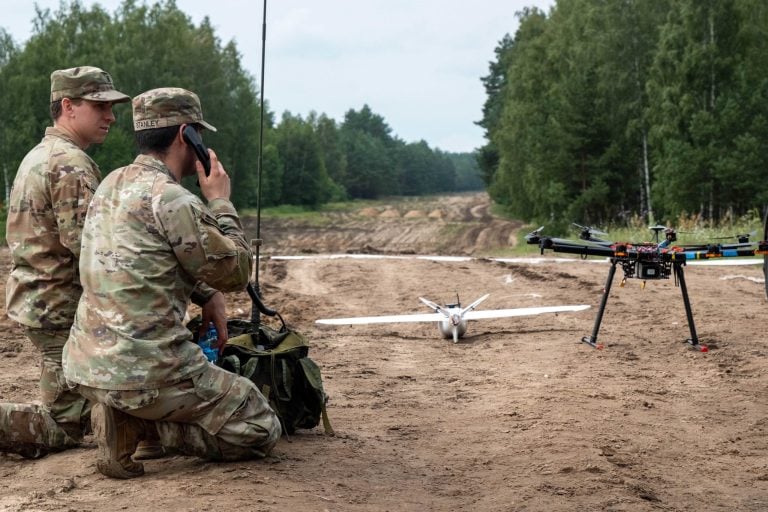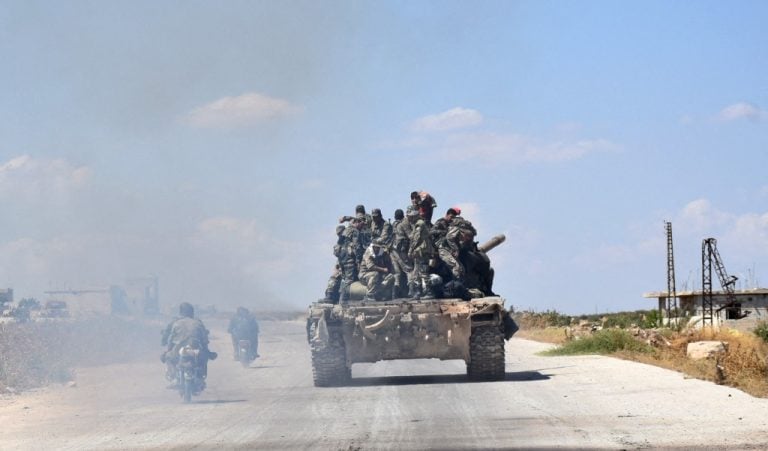In a tragic escalation of violence in northern Pakistan, a series of drone strikes carried out by the army resulted in the deaths of eleven individuals over the weekend. This military action came as a direct response to a deadly ambush by the Pakistani Taliban, known as Tehreek-e-Taliban Pakistan (TTP), which left seven soldiers dead a day earlier. The drone strikes targeted locations in Khyber Pakhtunkhwa province, an area bordering Afghanistan that has seen a marked increase in violence in recent months.
Three drone strikes were conducted late Friday night, focusing on what were described as “Pakistani Taliban hideouts.” The strikes led to numerous civilian casualties, raising significant concerns among local residents who claimed that many of the deceased were innocent civilians, including two women and three children. In response to the news, community members placed the bodies of the victims on the road as a form of protest, highlighting their belief that the military’s actions had unjustly claimed innocent lives.
A senior police officer indicated that an investigation is underway to determine whether Taliban fighters were present at the targeted locations during the drone strikes. This inquiry aims to clarify the circumstances surrounding the attacks and ascertain whether the strikes affected civilian populations or were solely directed at militant positions.
The recent escalation of violence can be traced back to March when the TTP launched a “spring campaign” against security forces, pledging to increase operations including ambushes and suicide attacks. Since the announcement, the group has claimed responsibility for around 100 attacks in Khyber Pakhtunkhwa alone. In a notable incident in the same province, armed Taliban fighters engaged in a protracted shootout with soldiers, resulting in the deaths of seven military personnel and prompting a response that killed eight Taliban fighters.
This surge in violence has not gone unnoticed; since the start of the year, over 190 individuals, primarily security forces members, have lost their lives in attacks attributed to militant groups opposing the government in both Khyber Pakhtunkhwa and the southern province of Balochistan. The region has become a hotspot for violence, with recent bombings, including one involving a motorcycle bomb in Balochistan, which killed a soldier and a civilian.
The alarming trend of increased violence is part of a broader narrative that has intensified since the Taliban regained control in Afghanistan in August 2021. The Pakistani government has repeatedly accused the Taliban administration in Kabul of failing to act against militants who use Afghan territory to launch attacks on Pakistan. In response, the Taliban authorities have countered these accusations, asserting that Pakistan harbors terrorist groups accused of conducting violence within Afghanistan.
In light of these developments, Pakistan’s military has emphasized its expectation that the Afghan government will take responsibility for addressing security threats emerging from its territory. They have also reserved the right to take necessary measures to counter these threats. The previous year marked a grim milestone for Pakistan, recording the highest number of terrorist-related deaths in nearly a decade, with over 1,600 fatalities, nearly half of whom were security personnel, according to data from the Center for Research and Security Studies in Islamabad.
As the situation continues to evolve, the potential for further violence remains high, with the Pakistani army asserting its commitment to combating the persistent threat posed by militant groups in the region.







